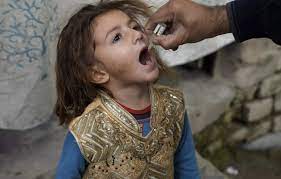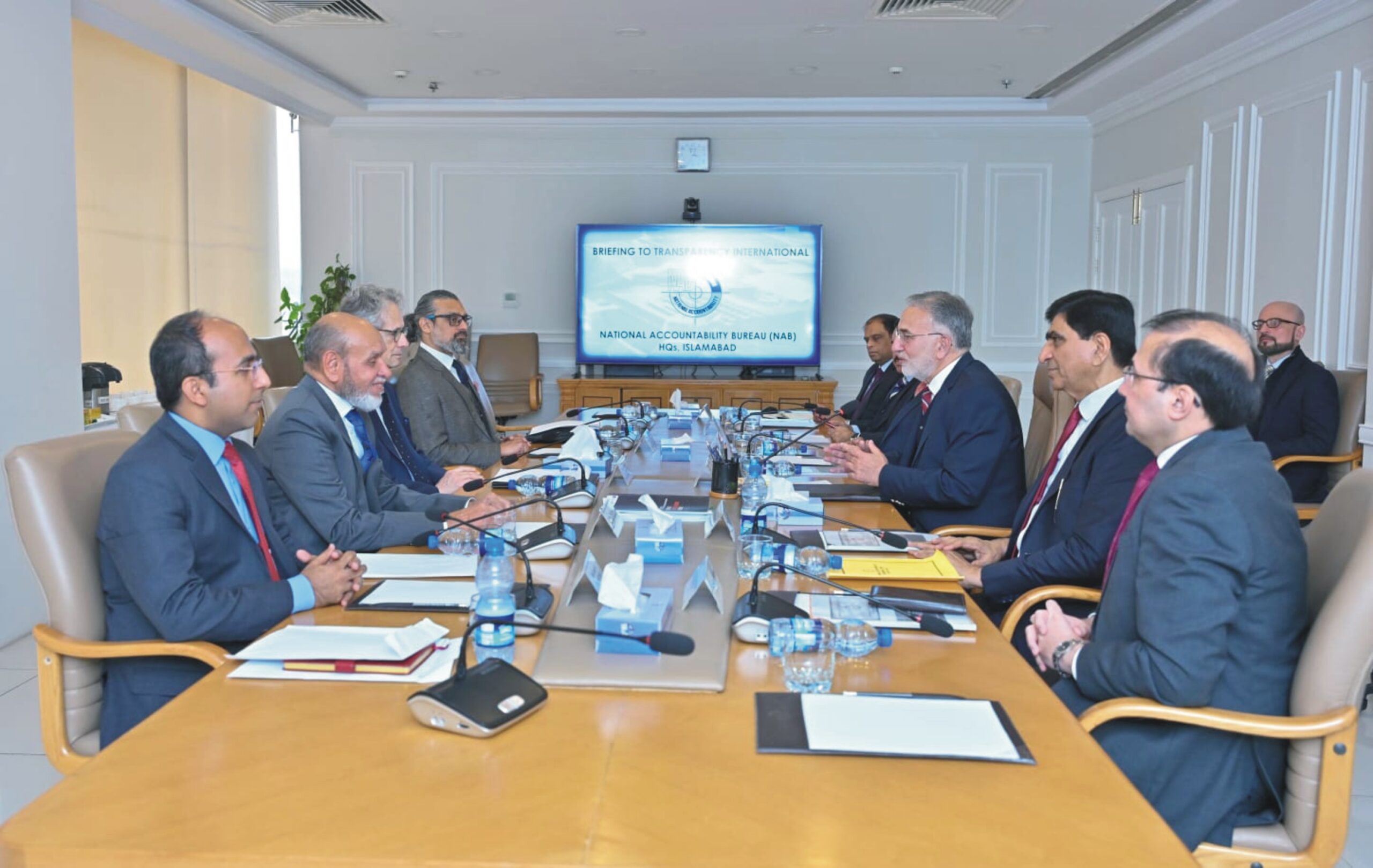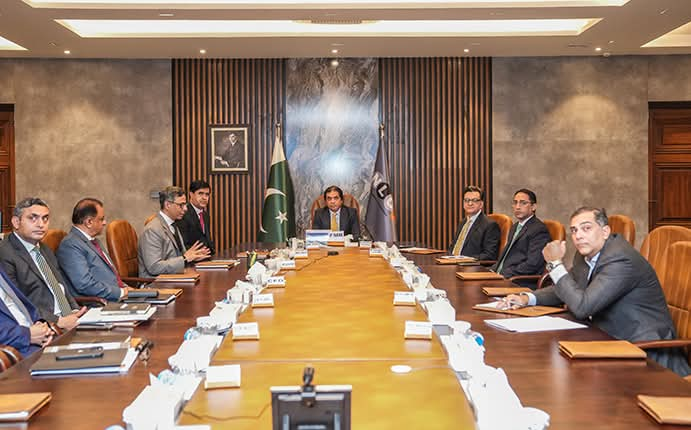

Poliomyelitis, a highly contagious and life-threatening disease, poses a significant threat to anyone exposed to the poliovirus. This disease is unique to humans and spreads through contact with infected individuals or contaminated environments. The poliovirus can be found in feces, sewage water, and occasionally in the nasal secretions of infected persons. Rarely the virus is also present in food and drinking water contaminated with it. Even soil carrying the virus can transmit the disease, especially to young children who may inadvertently ingest it while playing.
Symptoms of polio often mimic those of common illnesses, such as nausea, flu-like symptoms, stomach pain, and headaches, lasting for 2 to 5 days. However, in about 1 out of every 5 cases, the virus can lead to severe complications, including paralysis of the brain or spinal cord. This paralysis can result in the weakening of muscles in the arms or legs, leading to further complications such as meningitis and, in severe cases, death due to respiratory muscle involvement. Furthermore, even those who seem to fully recover from polio can experience a resurgence of symptoms after 15 to 40 years. This post-polio syndrome (PPS) can manifest as new muscle pain, complete immobility, or weakening of previously affected muscles. In some cases, individuals who were previously mobile may become wheelchair-bound due to the progressive nature of PPS.
The major concern for the healthcare worker who suspect a patient to have polio is to take the medical history and specimens for diagnostic purposes like stool, blood sample, urine and spinal fluid. The virus is confirm through magnetic resonance imaging MRI of spinal cord and it is most likely to be detected by stool specimens. There is no cure for it, but it can be controlled by immunization. Different vaccines are available for children worldwide, such as inactivated polio vaccine IPV and oral polio vaccine OPV. Both of these vaccines are highly efficient and are injected through transdermal route in arms or legs depending upon patient age and is also given through oral route, respectively. The polio vaccine protects children by training their bodies to resist the polio virus. Almost all youngsters more than 99% who receive all of the prescribed doses of the inactivated polio vaccine will be protected against polio. However it is also critical to maintain proper hand hygiene and wash hands frequently with soap and water, especially after using the toilet or before handling food, can help prevent the fecal-oral transmission of the virus. Access to clean water and sanitation facilities is equally vital to minimize environmental contamination. Travelers to regions where polio is endemic or outbreaks have occurred should ensure they are fully vaccinated and adopt precautionary measures during travel. By raising awareness, promoting vaccination, and emphasizing hygiene practices, communities can significantly reduce the risk of polio transmission and contribute to global efforts towards its eradication.
Historically, polio has been a significant public health concern, leading to widespread outbreaks and causing substantial morbidity and mortality, particularly in children. Polio has had drastic effects on the health of the population of Pakistan and on the nation’s healthcare infrastructure and economy. The WHO estimates that 65–75% of polio cases in developing countries occur in children under 3 years of age, with 95% of all cases occurring in children under 5 years of age. While it has yet to fully eradicate Polio, there has been a downwards trend in the number of reported cases per year; the total count of wild poliovirus cases in Pakistan in 2019 was 147, compared to 84 in 2020, 1 in 2021, and 20 in 2022. As of March 2023, there has been 1 documented case in Pakistan.Despite significant progress, the eradication of polio remains an ongoing challenge, particularly in regions with limited access to healthcare and vaccine hesitancy issues. Efforts by organizations such as the World Health Organization (WHO) and UNICEF continue to focus on achieving global polio eradication through vaccination campaigns, surveillance, and outbreak response.
In conclusion, while polio remains a hazard to public health, coordinated efforts to vaccinate populations and improve disease surveillance will result in significant progress towards eradication. However, persistent awareness and investment in public health facilities are required to ensure that polio is a thing of the past.
Writer is student of Bioinformatics and Biosciences deptt in Capital University of science and technology. Islamabad . She Can be reached at [email protected]







